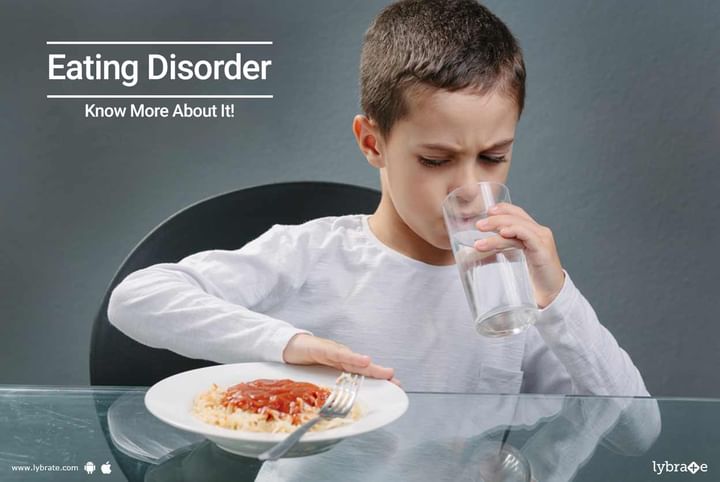Eating Disorder - Know More About It!
Have you ever thought that you could also suffer from an eating disorder? While in most cases there are no outward signs and symptoms of such a disease, but many people experience an overwhelming feeling of controlling intense pain or other troubling emotions by eating too much or not eating at all.
It is not a passing phase that can be attributed to adolescence or a way of expressing vanity. It is therefore crucial for every sufferer to identify the problems and seek medical attention as soon as you come across even a single symptom of an eating disorder. This is because research suggests that adequate intervention of early signs can lead to the best treatment and easy relief from the unwanted disease.
Signs and symptoms of eating disorders
It goes without saying that disorderly eating habits stand in the way of enjoying a healthy life in terms of emotional, spiritual and social well-being and therefore its further progression should be inhibited. Behaviours that are commonly associated with eating disorders include:
- Persistently adhering to an impractical and strict diet no matter how healthy or unhealthy the person is.
- Using the bathroom right after eating.
- Secretly binging on large amounts of food.
- Hoarding huge amounts of food at home and at the workplace in fear of lack of availability of more food.
- Increased consumption of various types of laxatives or diet pills or other such medication.
- Exercising too much which may extend for several hours in a day.
- Using illicit drugs such as cocaine to suppress an appetite.
Despite such a wide range of symptoms, an eating disorder is primarily rooted in a person’s gene and other environmental factors. It is also dependent on the medical history, addictive disorders, underlying health conditions and most importantly, life experiences of that person.
Emotional changes pertaining to eating disorder:
Here it becomes worthy to mention that certain emotional changes also go hand in hand with an eating disorder. Some of them include:
- Withdrawal from society particularly from family and friends.
- Withdrawal from situations where questions related to the family may arise.
- Avoidance of a get-together or other situations where food may be present.
- Obsessing over total calorie intake as well as calories burnt through physical exercise even when the person is losing a large amount of weight day by day.
- Preoccupation with body weight and other aspects of physical appearance.
- Eating too much without caring about what others may think.
- Finding solace in foods.
It is therefore pointed out that there are two primary types of eating disorder where a person may eat too much or eat too little, both of which can be detrimental to health. Therefore, it is important to review the symptoms and find out whether you need to talk to an expert to treat the condition.



+1.svg)
